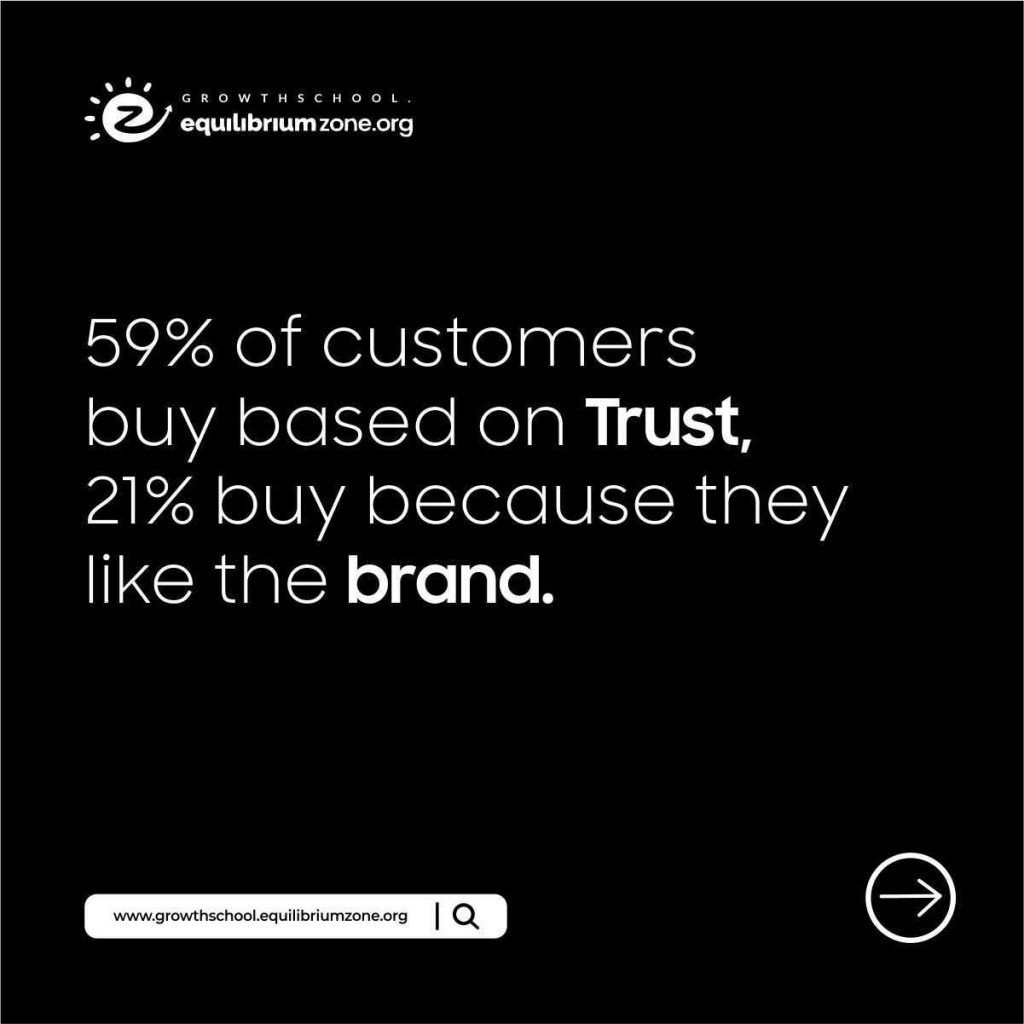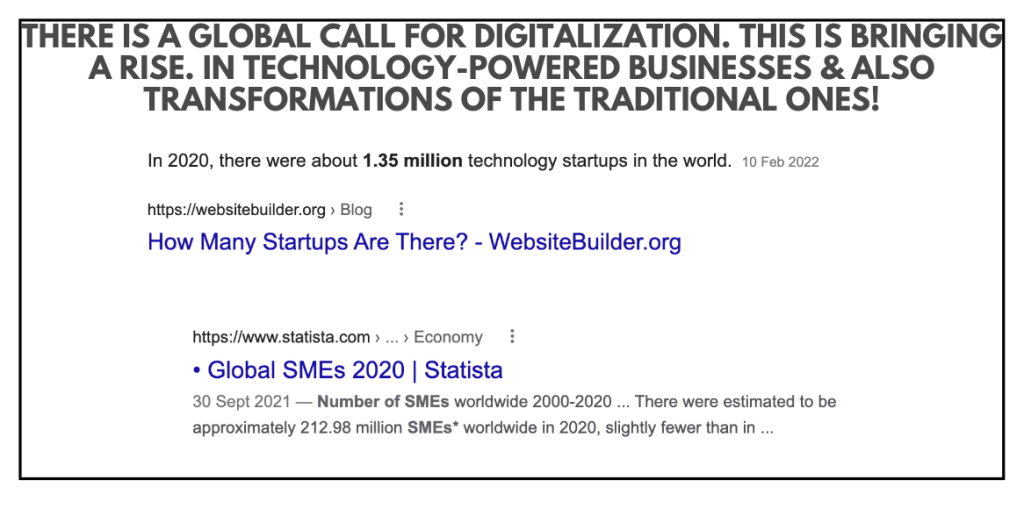It depends on why you are asking.
If you want to make more money, product marketing is a great career path. Global statistics show that an associate product marketer (a junior role) makes around $85,000 to $87,000 yearly.
Using the parallel market rate of ₦745 at the time of writing, an associate product marketer makes around ₦38 million yearly. That’s a monthly salary of ₦3.2 million.
I can see you drooling already. But this is not precisely obtainable in Nigeria.
However, you could be earning a yearly salary of ₦3.2 million on average as an associate (junior) product marketer in Nigeria. That is a big jump from what many other roles offer junior staff in the country.
And if passion for whatever you do is your motivation and you can work in a very dynamic environment, product marketing is a great career path.
Read on to find out why.
What is Product Marketing?
The simplest definition of product marketing is the process of taking a product to its intended market.
We have written a comprehensive piece on this topic which you can find here. But if the dynamism of product marketing is still lost on you after that definition, the next couple of lines should set you straight.
For this example, let’s look at the FMCG (fast-moving consumer goods) market.
For the longest time, Coca-Cola and Pepsi were the go-to soda brands in Nigeria. But as time went on (and the economy worsened), people stopped buying as much as they used to.
Bigi Cola with its affordable option and a taste similar to the two big brands stepped in to provide an alternative. This forced the hand of Coca-Cola and Pepsi to introduce more pocket-friendly packaging for their sodas to reclaim their market share.
The war of the soda brands is still raging, but it tells you how the market can LOVE your product and CHOOSE an alternative instead.
The reason for the shift in brand loyalty in the above example is economical, but other reasons may include a lack of social/peer reviews, availability/accessibility of product and product branding.
A product marketer is someone who studies all these factors, the trends and the data behind them to craft a winning strategy for a product.
The reason your product may not be doing well in the market is not that you have a bad product. It could be because of a lack of peer reviews, availability and accessibility of the product, and poor branding.#EZProductTips Click To TweetIs it stressful?
The implication of this is that a product marketer’s role is tasking.
But what are these tasks that a product marketer undertakes?
Before we go on to list them for you, we must reiterate that the dynamic nature of the market determines what a product marketer will be doing at any given time.
The tasks or the data that a product marketer will be working with or working on in 2022 will be different from what they will be working on in 2023.
A good example of this is how the Covid-19 pandemic forced businesses to put digital marketing first before traditional or conventional marketing. The pandemic also gave rise to more digital products. Product marketers had to adapt or be swept away by the tide.
Now, let us take a look at the tasks.
Market survey
A product marketer is one who can feel and interpret the pulse of the customer.
Their research leads to building a product that fits the market, which they then position as a unique solution to the customer’s needs.
They are also responsible for providing updates to the product development team to ensure the product remains on the market.
Go-To-Market strategies and marketing plans
A product marketer creates the Go-To-Market strategies that will deliver the product to its end user.
A product marketer also has to keep up with marketing efforts by creating marketing campaigns to attract new customers and remind old ones about why they chose said product in the first place.
The data from the success or failure of these concerted efforts between the product marketer and the sales team who carries out their strategies based on the product marketer’s framework leads to updates to the product or a revamp of the product.
Product positioning and messaging
As the product gains traction, expansion into new markets becomes necessary.
This means crafting a new message and positioning that speaks to both the existing customers and the new ones being targeted.
All of this is the result of already laid down and constantly updated marketing strategies that the product marketer has created for the product.
Customer acquisition plans
This is basically a sales framework that the sales team builds upon to capture a market.
A customer acquisition plan could involve launch strategies, Go-To-Market strategies for a feature within the product and even customer training on how to use the product.
This is probably the most important of the product marketer’s tasks because it is recurring. It is also where a lot of the data needed for repositioning and product updates is pooled from.
If you can perform all of these tasks effectively, then you are on your way to becoming a product marketing manager.
Who is a product marketing manager?
The Product Marketing Manager is the one who has a good grasp of all those tasks and is the person responsible for making sure that all marketing efforts align with the company or brand’s goals.
It is a mid-level role in an organisation. It is also a sign that a marketer has mastered his audience and knows how to connect to them.
The PMM role is a cross-functional role as has already been implied. They work with the sales team, the customer support team, the product development team and the traditional marketing team.
Here’s your chance!
If the delicious sums at the beginning of this post have motivated you and nothing you have read thus far has scared you away, you have a once-in-a-lifetime opportunity to start your Product Marketing journey today!
Our Product Marketing Crash Course is designed to give you industry insight while arming you with the knowledge needed to make inroads into this on-demand career path.
Click here now to sign up and get a 50% discount on the course!










